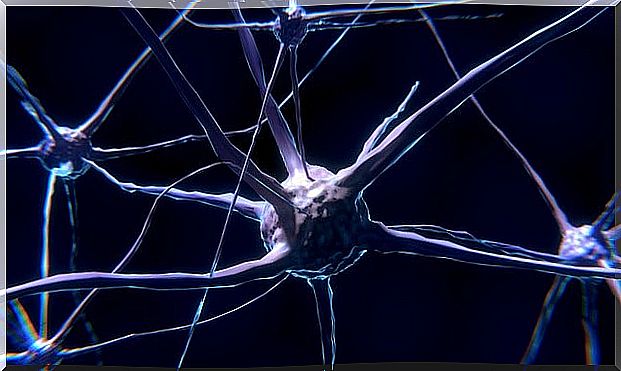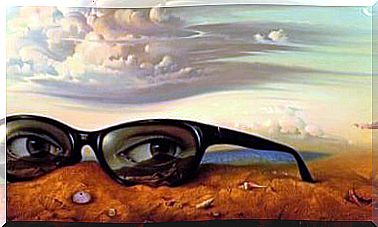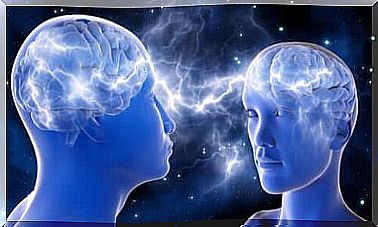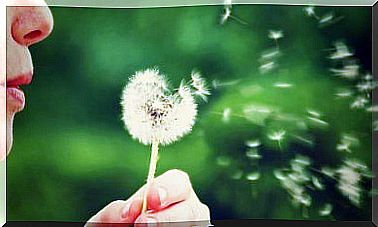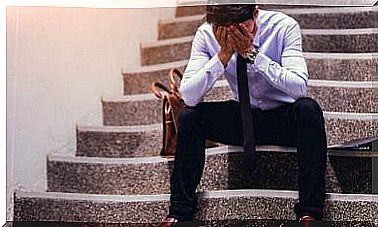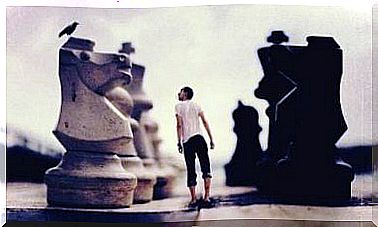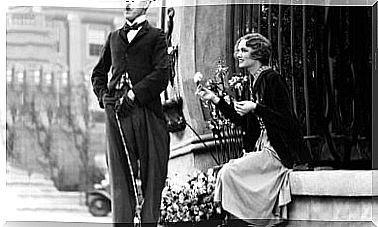Is It Possible To Recover The Lost Memory?
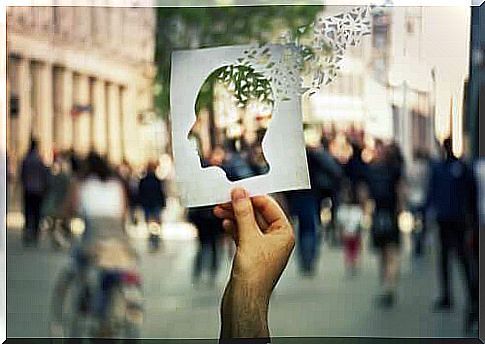
Memory capacity is lost with age. However, this process might not be irreversible: it would be possible to recover the lost memory.
It seems that some innovative techniques such as transcranial magnetic stimulation can reverse the memory loss that usually accompanies aging. A study published by Robert MG Reinhart and John A. Nguyen compares the memory of older people after stimulation with that of young people. Let’s see this in more detail later in this article.
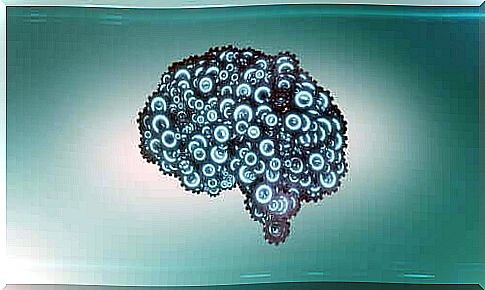
Age makes us lose our memory
Many people, after a certain age, complain that they are not able to remember names, dates or facts.
One of the most common symptoms is loss of working memory or short-term memory. We use this memory on a daily basis. Short-term memory is used to remember phone numbers for seconds, do calculations, make decisions on the fly, and handle everyday situations. In short, it is memory that allows us to store and manipulate information temporarily.
Over the years, this capacity decreases, which can be a real inconvenience when it comes to carrying out daily tasks normally and efficiently.
There is no more harmony between neurons
Why do we lose memory capacity when we don’t have a neurodegenerative disease? At present, there is no answer to this question.
Among recently published research, one tells us that synchronizing neurons during stimulation is important for maintaining memory.
Neurons are cells that respond to stimuli and pass them on to other neurons. A neural transmission that lacks harmony is the equivalent of an unsynchronized orchestra; the result is a real cacophony. Therefore, when neural networks are out of harmony, memory begins to fail.
Recover lost memory in just twenty-five minutes
In a study published by the journal Nature , researchers used transcranial magnetic stimulation to stimulate neurons in an attempt to recover lost memory. This study included volunteers aged between 60 and 70 as well as volunteers aged around 30.
Different areas of the brain related to memory capacity were stimulated for twenty-five minutes. The researchers meanwhile observed a recovery of synchronization between neurons in these areas of memory.
After stimulation, surprisingly, the older participants had regained a mental agility similar to that of the younger ones. However, this wonderful recovery was short-lived. About fifty minutes after the stimulation, the elderly regained their memory capacity before the experiment.
A promising therapy
Although the only result obtained was a momentary recovery of memory, scientists believe that this experiment shows that memory loss is not an irreversible phenomenon.
Moreover, transcranial magnetic stimulation could prove to be a promising therapy for improving the symptoms of cognitive deterioration in people with Alzheimer’s disease, without the need for medication.

Beyond the lost memory
Besides stimulating neurons and improving memory, this therapy can also be helpful for other health issues.
For example, this therapy is used to correct dysphagia (difficult swallowing) that results from an injury. In this case, the area of the cerebellum is stimulated in order to stimulate the musculature of the esophagus and thus improve swallowing.
The number of varied applications will most certainly increase as this technique improves. It is possible that in the not so distant future we may have portable pacemakers to use in a personalized way according to our needs.
